Science
Academia in Israel
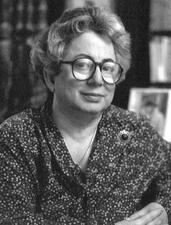
Fay Ajzenberg-Selove
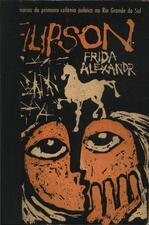
Frida Alexandr
A Brazilian-born daughter of immigrants, Frida Alexandr was the only woman writer to describe Jewish cowboys in Brazil from the viewpoint of one who lived among them. Her only published book was the novel Filipson, which chronicled the lives and episodes of the farm where she was born in 1906 and spent two decades of her life.
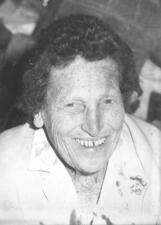
Tikvah Alper
Naomi Amir
Naomi Kassan Amir was a pioneer in pediatric neurology, bringing her training from the United States to what was a brand-new field in Israel. Known for her holistic approach, Amir saw children not just in terms of their disabilities but in the context of their family and their community.
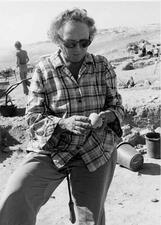
Ruth Amiran
Archeologist Ruth Amiran directed many of Israel's important excavation projects. She also helped to establish the Israel Museum in Jerusalem and then served as curator of its archeological wing.
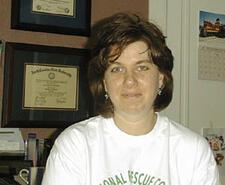
Lynn Amowitz
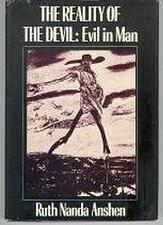
Ruth Nanda Anshen
Ruth Nanda Anshen, twentieth-century philosopher, lecturer, and author, was an “intellectual instigator” for such writers of genius and eminent thinkers as physicist Albert Einstein, scientist Jonas Salk, and others. Anshen created connections between the great thinkers of different fields, offering them opportunities to explain their work to each other and the general public.
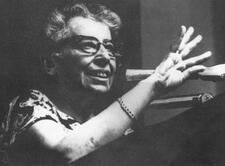
Hannah Arendt
Brilliant and controversial, Hannah Arendt was a German-trained political theorist whose books exerted a major impact on political theory in North America and Europe. The Origins of Totalitarianism (1951) made her an intellectual celebrity in the early years of the Cold War. She was the first woman to become a full professor at Princeton University.
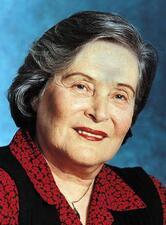
Ruth Arnon
Immunologist Ruth Arnon and her team made unprecedented breakthroughs when they developed the first synthetic antigen and the first drug approved for treating multiple sclerosis, Copaxone. Arnon also invented a synthetic, nasally administered flu vaccine and has published over four hundred articles, chapters, and books on immunology and biochemistry.
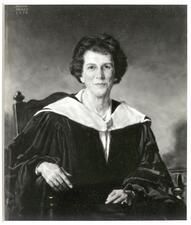
Margaret Gene Arnstein
Margaret Gene Arnstein was a principal architect of the American nursing profession. Her belief that nurses should be involved in health policy and research helped transform her profession. Renowned for her work in public health, Arnstein also advanced nursing education and research.
Charlotte Auerbach
After leaving Nazi Germany in 1933, Charlotte Auerbach settled at the University of Edinburgh, where she was a beloved professor and a groundbreaking researcher. Her discovery about the effect of mustard gas on gene mutation received worldwide acclaim and she became renowned for her profound knowledge of classical genetics, especially of mutation.
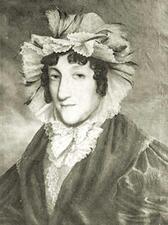
Australia: 1788 to the Present
The first Jewish women, like the first Jewish men, arrived in Australia on the very first day of European settlement in 1788. Those convict pioneers were followed by free settlers who made Jewish communal and congregational life viable and helped to develop the vast continent. Jewish women have made significant contributions to Australia's national story.
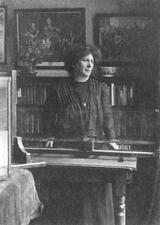
Hertha Ayrton
Hertha Ayrton was a distinguished British scientist who was the first woman to receive the Hughes Medal of the Royal Society for a scientific work that was exclusively her own. She was committed to suffrage activism and ensuring proper recognition of women’s scientific work.
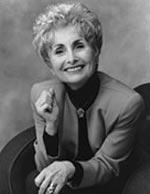
Ba'alot Teshuvah: Jewish Women Who Become Orthodox
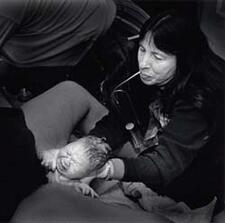
Alice Bailes
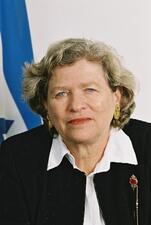
Elisheva Barak-Ussoskin

Miriam Baratz
Miriam Baratz was a founding member of Deganyah Aleph, the first socialist Zionist farming commune in pre-state Israel. She advocated for communal childcare and education, and for a cooperative and egalitarian economic structure. The gender paradigm she helped establish at Deganyah set a precedent of egalitarianism for the entire kibbutz movement.
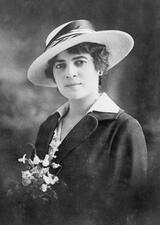
Clarice Baright
Sadi Muriel Baron
A pioneering neurologist and psychiatrist, Sadi Muriel Baron managed to interweave teaching, working with poor urban families, and running a successful private practice. Baron was also the mother of Dr. Renée Richards, who became one of the most famous American transgender personalities after her transition in 1976.
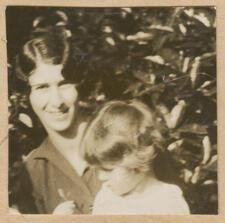
Dorothy Walter Baruch
Psychologist Dorothy Walter Baruch championed the health development of children as an educator, author, psychologist, and as a community leader. Her psychodynamic approach to child development focused on the relationship between physical, emotional, and intellectual development and on rechanneling children’s feelings through play and art therapy.
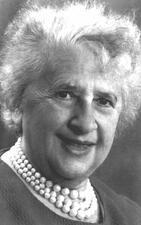
Sarah Bavly
Dutch-born Sarah Bavly was a pioneer nutritionist in the Yishuv who laid the groundwork for Israel's nutritional infrastructure and educational programming, directing Hadassah's hospital nutrition departments and school lunch programs and establishing the State's first College of Nutrition.
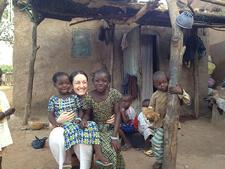
Jessica Beckerman
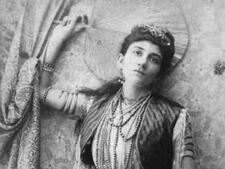
Rachel Sassoon Beer
Rachel Sassoon Beer was the first woman to edit a national newspaper when she simultaneously owned and edited both The Observer and The Sunday Times in England in the 1890s.

Rahel Yanait Ben-Zvi
Rahel Yanait Ben-Zvi was the second First Lady of Israel, wife to President Yizhak Ben-Zvi. Before and after Ben-Zvi’s tenure, she was active in the labor movement in Palestine and Israel and in the independence movement, as well as a prolific writer and recorder of her experiences in Erez Israel.


